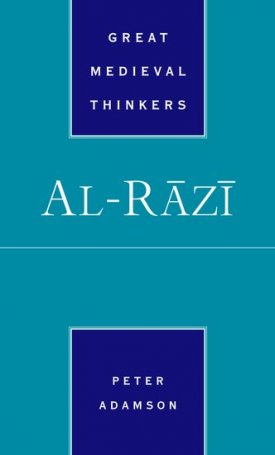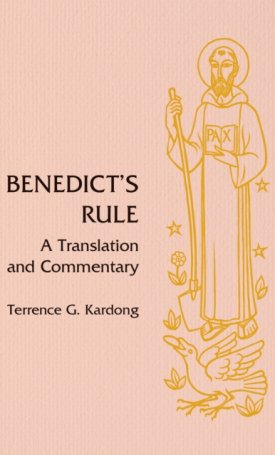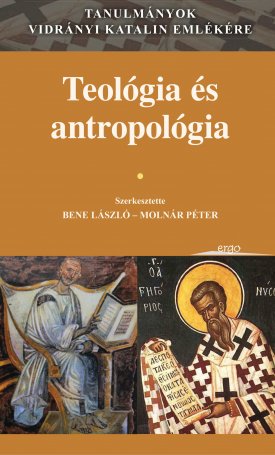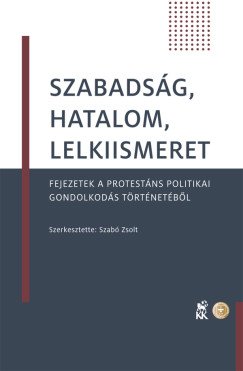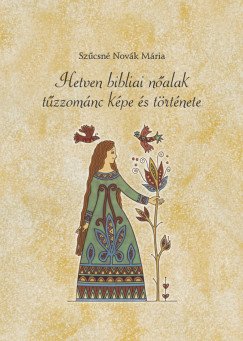John Wyclif
-10%
4 620 Ft
4 158 Ft
Preorder(You have to login)
Discounted prices are valid only for orders placed through our webshop.
John Wyclif
Lahey argues that many of Wyclif`s best known critiques of the fourteenth-century Church arise from his philosophical commitment to an Augustinian realism evocative of the thought of Robert Grosseteste and Anselm of Canterbury. This realism is comprehensible in terms of Wyclif`s sustained focus on semantics and the properties of terms and propositions, a "linguistic turn" characterizing post-Ockham philosophical theology. Arising from this propositional realism is a strong emphasis on the place of Scripture in both formal and applied theology, which was the starting point for many of Wyclif`s quarrels with the ecclesiastical status quo in late fourteenth-century England.
This survey takes into account both Wyclif`s earlier, philosophical works and his later works, including sermons and Scripture commentary. Wyclif`s belief that Scripture is the eternal and perfect divine word, the paradigm of human discourse and the definitive embodiment of truth in creation is central to an understanding of the ties he believes relate theoretical and practical philosophy to theology. This connection links Wyclif`s interest in the propositional structure of reality to his realism, his hermeneutic program, and to his agenda for reform of the Church. Lahey`s survey also highlights Wyclif`s rejection of Bradwardine`s determinism in favor of a model of human freedom in light of God`s perfect foreknowledge, and also explores the relation of Wyclif`s spatiotemporal atomism to his rejection of transubstantiation. This is the first book-length, comprehensive survey of Wyclif`s thought, and will be of interest to students of later medieval theology, philosophy, history, and literature.
Publisher: Oxford University Press
Series: Great Medieval Thinkers - Oxford
Category: Vallás / kereszténység, Filozófia / középkor
Series: Great Medieval Thinkers - Oxford
Category: Vallás / kereszténység, Filozófia / középkor





